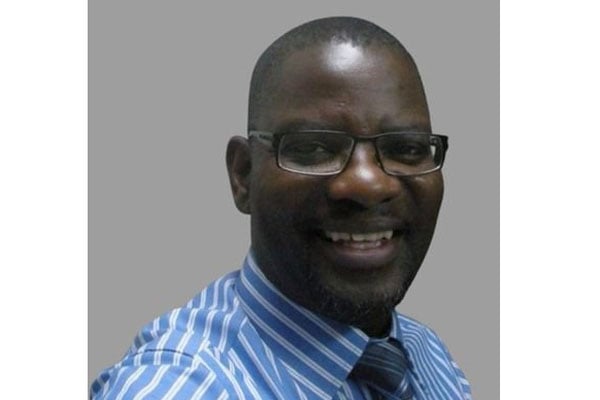Prime
Issues before UN General Assembly

Harold Acemah
What you need to know:
- The most important part for the Uganda delegation is Segment A.
The 76th regular session of the United Nations General Assembly (UNGA 76) will convene at UN Headquarters, New York, on September 14, at 3pm. The theme for UNGA 76 is: ‘Building Resilience Through Hope to Recover from Covid-19, Rebuild Sustainably, Respond to the Needs of the Planet, Respect the Rights of People, and Revitalise the United Nations.’
On June 7, the General Assembly elected the minister of Foreign Affairs of the Maldives, Mr Abdulla Shahid, as president of UNGA 76. He will be deputised by 21 vice presidents elected from Africa, Asia, Latin America, Western Europe and other states. The six vice presidents from Africa are: Egypt, Equatorial Guinea, Ivory Coast, Mozambique, Sierra Leone and Tanzania.
The general debate of UNGA 76 will take place from September 21-27 and be followed by a “High-level meeting on the 20th anniversary of the Durban Declaration and Programme of Action” on September 22.
On September 28, a “High-level plenary meeting to commemorate and promote the International Day for the total Elimination of Nuclear Weapons” will take place. I am advised that Uganda’s delegation to UNGA 76 will be led by Gen Jeje Odongo, the minister of Foreign Affairs.
UNGA 76 has before it a loaded agenda consisting of 176 items, which will be considered at the plenary and six committees. The agenda items cover almost everything under the sun befitting the nearest thing to a world parliament.
The agenda is divided into six segments, the most important of which for the Uganda delegation is Segment A titled, “Promotion of sustained economic growth and sustainable development in accordance with the relevant resolutions of the General Assembly and recent United Nations conferences.” Under this segment 21 items will be discussed in the Second (Economic and Financial) Committee. I had the honour and privilege to represent Uganda on the Second Committee for 10 years from 1974 and 1984. It is the most important committee for African countries.
Revitalisation of the UN
One of the lessons learnt from the recent ignominious defeat of US forces in Afghanistan is the fact that America’s self-appointed role as the “policeman of the world” is finally over.
Having failed to learn lessons from the tragedy of the Vietnam War, Americans mistakenly continued to believe that they could impose their hegemony and will on any part of the world with impunity. One hopes that the superpower has learnt some bitter lessons from Afghanistan. NATO and the USA should have withdrawn their troops from Iraq and Afghanistan a long time ago because they have no legitimate and useful military role to play in those two countries.
Like Vietnam in the 1960s and 1970s, US interference and military intervention in Afghanistan and Iraq during the last 20 years has done enormous damage and harm to the two countries, the Asian region and the cause of maintaining international peace and security which is one of the principal objectives and goals of the United Nations.
The tragedy of Afghanistan demands that the United Nations must urgently rise to the occasion and provide effective leadership to the international community, and in order to do so the UN must be empowered, reinvented and revitalised to enable it to play the cardinal and legitimate role assigned to the world organization by the charter.
According to Article 1 of the UN charter, the purposes of the United Nations are: to maintain international peace and security; develop friendly relations among nations based on respect for the principle of sovereign equality of states; achieve international cooperation in solving international problems and be a centre for harmonising the actions of nations for the attainment of these common ends. I wish the United Nations every success.
Mr Acemah is a political scientist and retired career diplomat.
[email protected]




